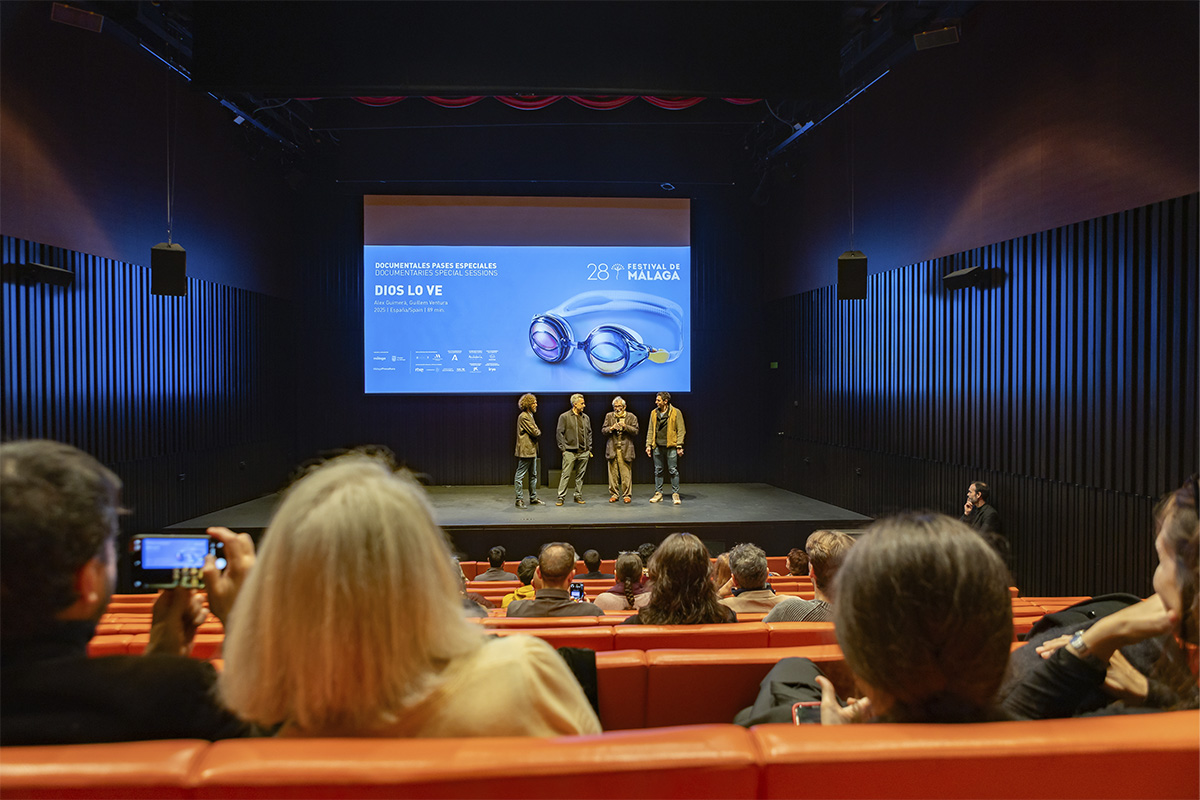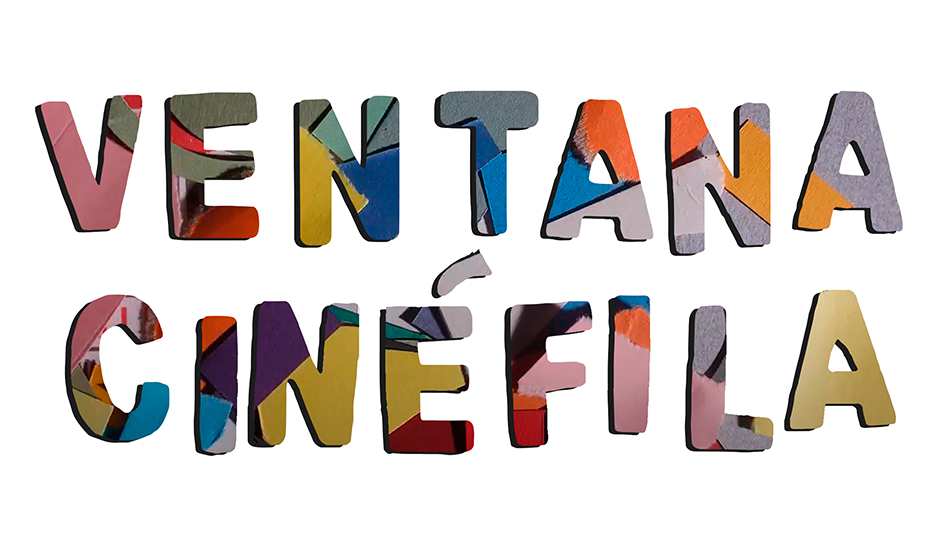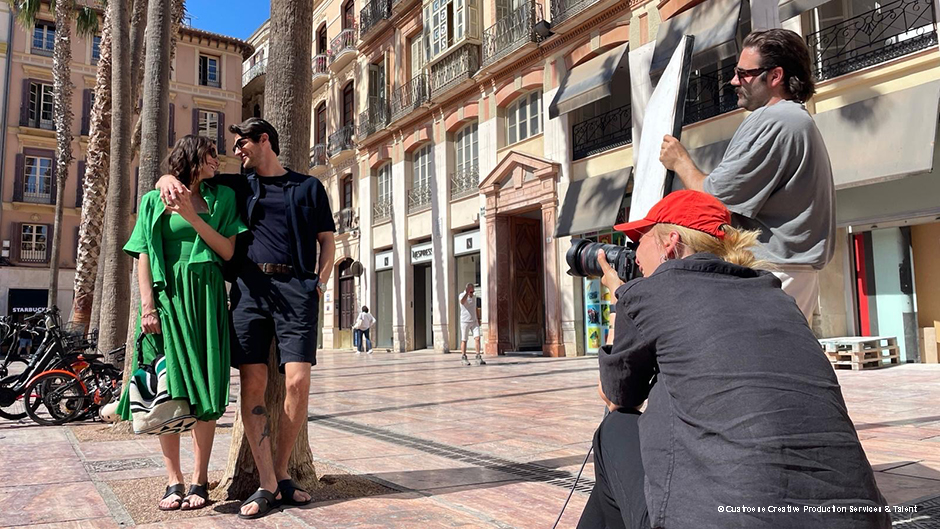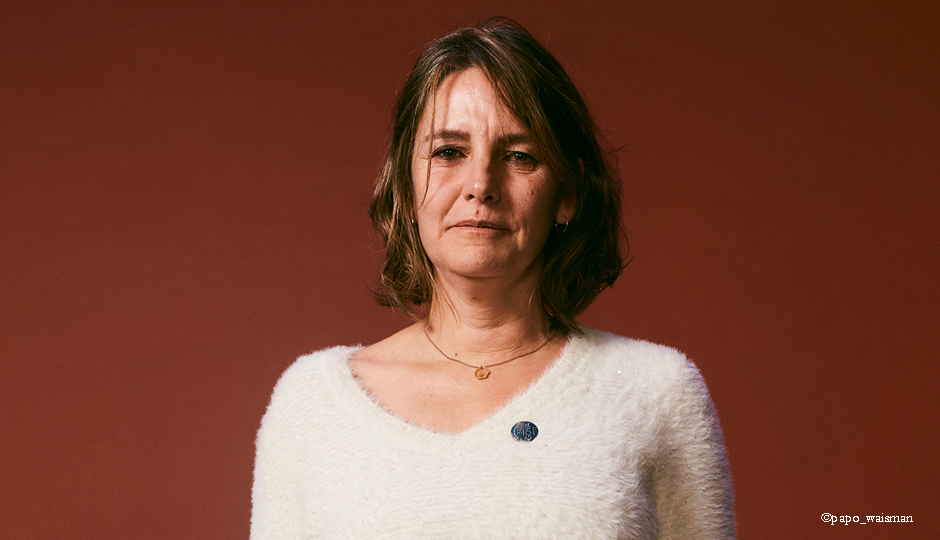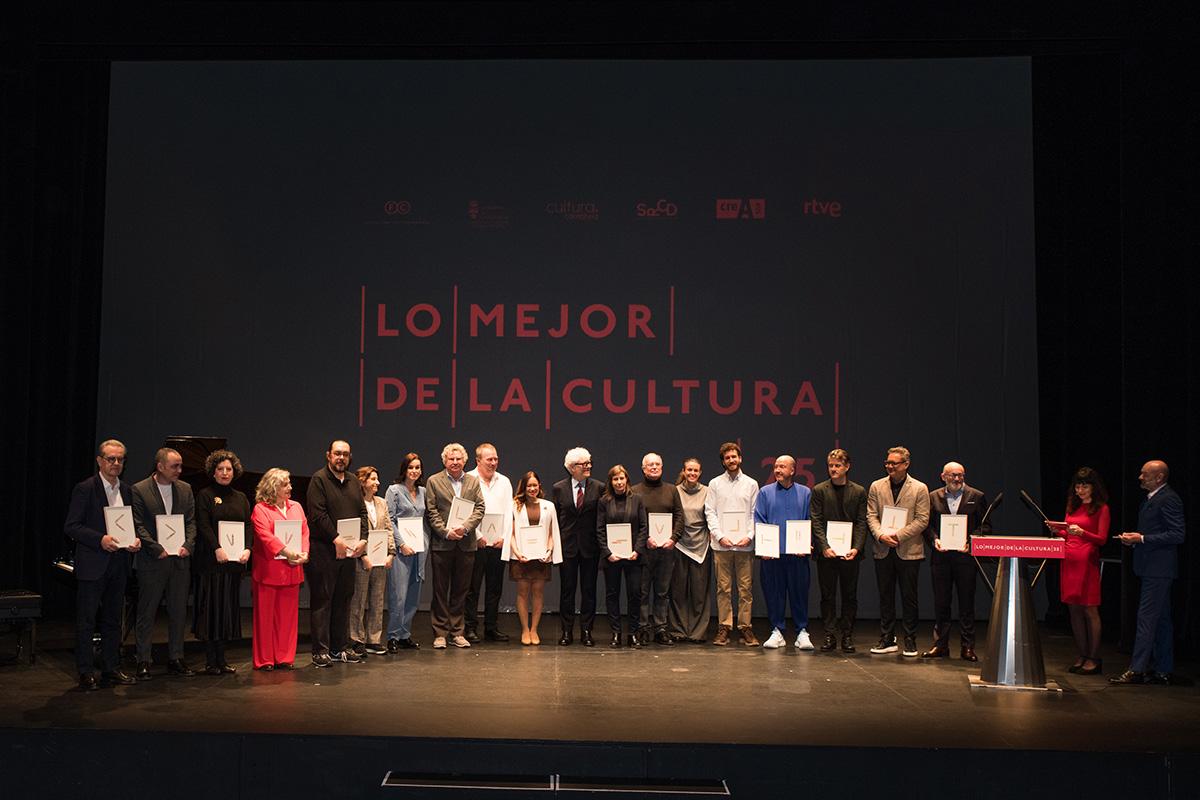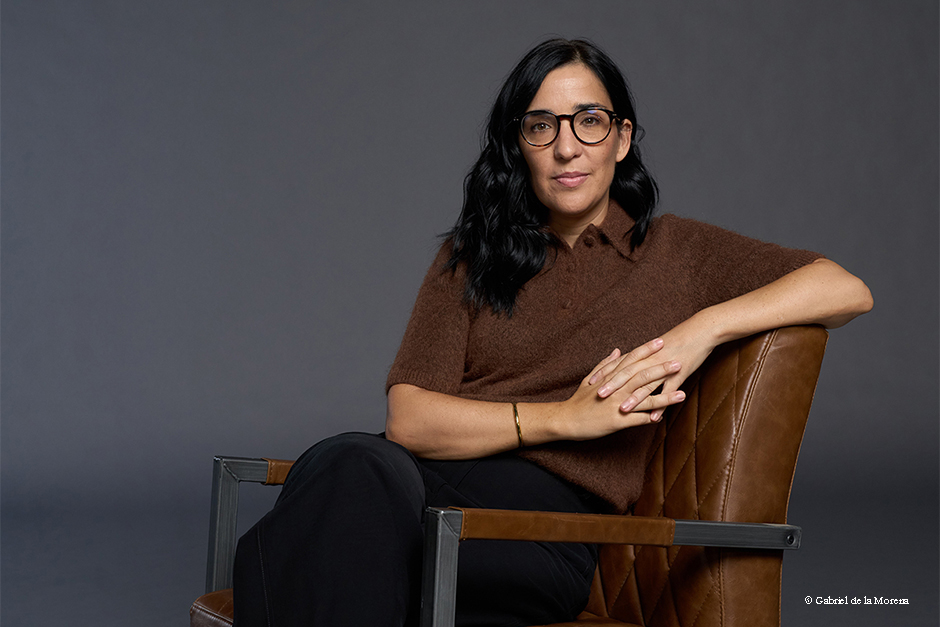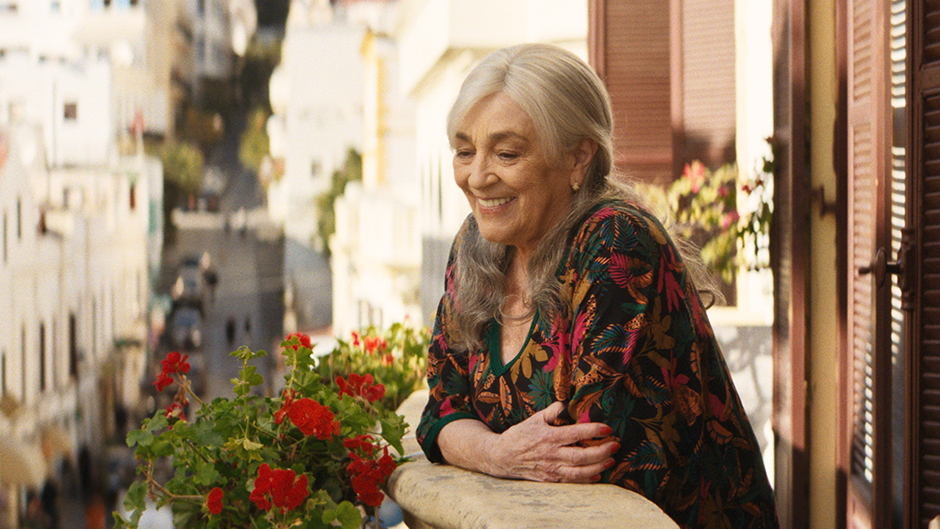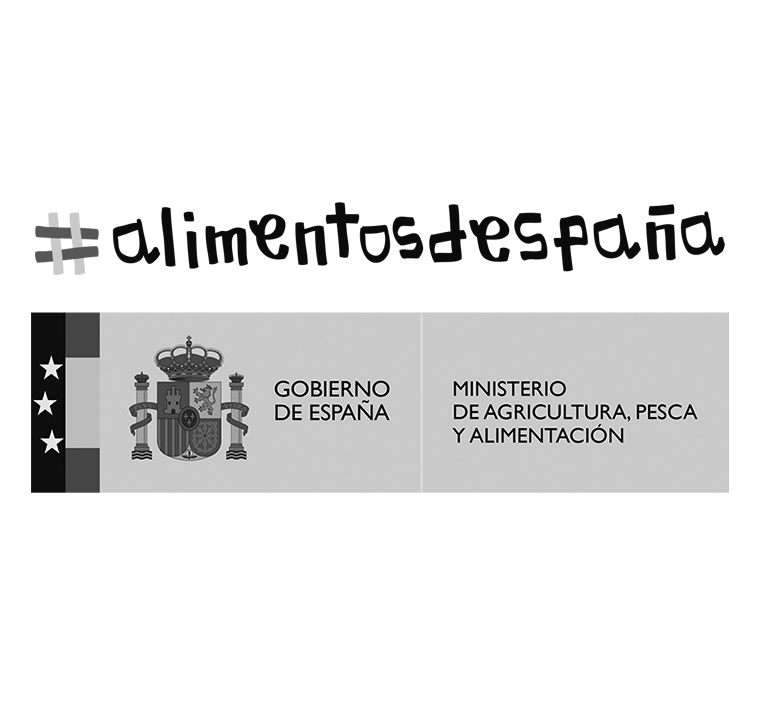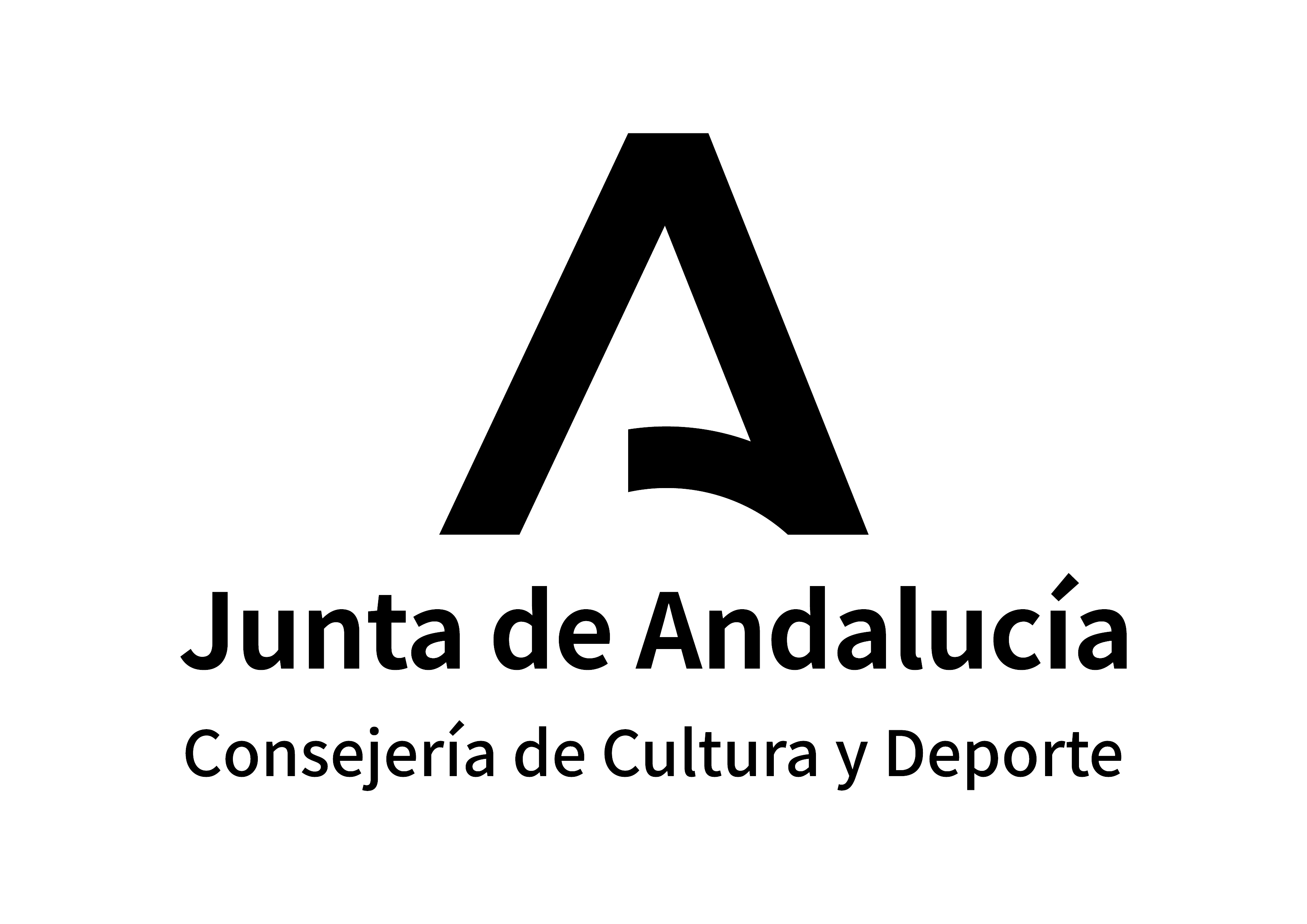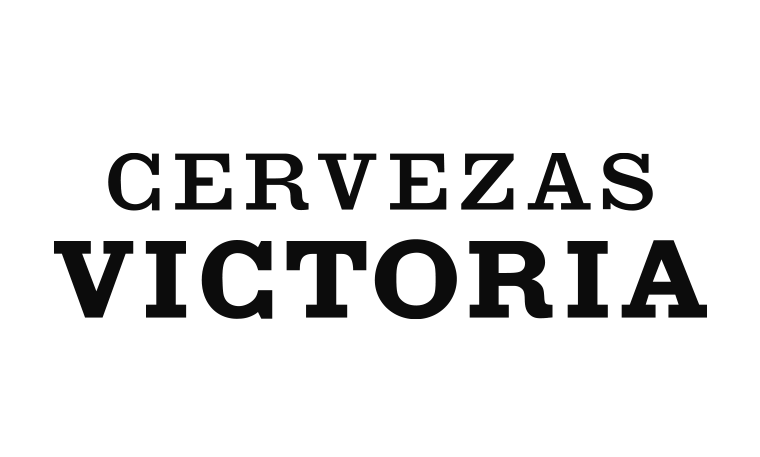Five non-fiction films at the Festival de Málaga explore art, memory and diversity
Stories of creativity, exile and the struggle for rights in the documentary film section
On Thursday 20 March, the Documentary Special Sessions section of the Festival de Málaga hosted the screening of five films that explore memory, identity and the struggle for freedom through art and history.
'Arcoíris en blanco y negro': the fight for the LGBTQI+ over time
Directed by Fran Campos and produced by Kike Mesa, this documentary tells the story of the LGBTQI+ collective, from their struggles to their achievements, exploring the evolution of their rights over time. Set in Torremolinos, a reference point for the gay friendly movement in the world, the film gathers testimonies from activists, artists and journalists, hosted by the artist and actress Desireé Vogue.
The documentary includes statements from figures such as Carla Antonelli, Victorio and Lucchino and Xenon Spain, who give their views on the fight for equality and the visibility of the collective.
"We would like to thank the Festival de Málaga for opening this window to diversity. Now more than ever is the time to raise our voices and fight so that our past is not erased and our future is not prevented," said director Fran Campos at the presentation of the documentary.
'Walter Benjamin, el aura del camino': a journey of memory and exile
Jacobo Sucari's documentary follows Walter Benjamin's escape route in 1940, as he tried to escape the Nazi advance across the Pyrenees. With a running time of 57 minutes, the film follows the Walter Benjamin Trail, a route that is travelled every year by those who pay homage to the memory of exiles who fled totalitarianism.
The documentary features testimonies by Irina Warner, Roger Rull, Dominique Delpirou and Denis Lavant, and offers a reflection on historical memory and the impact of Benjamin's thought on contemporary philosophy and culture.
The screening was attended by the film's director. Jacobo Sucari shared that this documentary is the result of "an academic project for a conference on Benjamin," and that its aim is to pay "homage" through "the concept of Aura". The director has emphasised that the selection of texts is due to a random choice that responds to his "personal interests".
'Velintonia 3': memory of a literary house
Directed by Javier Vila, this documentary recovers the history of Velintonia, the house of the poet Vicente Aleixandre, a key space for 20th century Spanish literature. Through interviews and archival footage, the film vindicates the importance of conservation.
Participants in the documentary include Antonio de la Torre, Ana Fernández, Mona Martínez and Manolo Solo, as well as writers and poets such as Vicente Molina Foix, Antonio Colinas and Javier Lostalé.
In a well-attended presentation, the director stressed his astonishment that such an emblematic space was almost in ruins and underlined the need to protect this space: "Velintonia is not only Aleixandre's house, it is a symbol of our literary history. It should be a meeting place for new generations of poets."
'Un hombre libre': rediscovering Agustín Gómez Arcos
The filmmaker Laura Hojman presents a documentary that rescues the figure of the Almerian writer exiled in France. The documentary 'Un hombre libre' was presented on Thursday 20 March at the Festival de Málaga, shedding light on the life and work of Agustín Gómez Arcos who, after being censored in Spain, found success in France. The film features the participation of prominent figures such as Pedro Almodóvar, Marisa Paredes and Bob Pop, who contribute their vision of the writer's legacy.
The director has confessed her fascination with the writer: "I discovered Agustín Gómez Arcos through a colleague who bought me the book 'El cordero carnívoro', the first one I read, and with which my head exploded. I thought I wasn't going to make any more documentaries about authors, but I came across this story that not only tries to recover their legacy, but is also a revision of the transition that has been sold to us as an idyllic period."
'Un hombre libre' is a tribute to artistic resilience and the struggle for freedom of expression, remembering a literary voice who, despite exile and oblivion, left an indelible mark on French literature.
'Dios lo ve': the creative universe of Óscar Tusquets Blanca
Directed by Álex Guimerà and Guillem Ventura, 'Dios lo ve' delves into the multidisciplinary work of Óscar Tusquets Blanca, a key figure in contemporary architecture and design. With a running time of 89 minutes, the documentary explores the intersection between architecture, painting, design and literature in the career of this provocative and transgressive creator.
The film includes testimonies by Miquel Barceló, Antonio López, Albert Serra, Milena Busquets, Mario Vargas Llosa and Julia de Castro, among others, who analyse Tusquets' influence and legacy in various disciplines.
"I brought the bricks and the directors made the wall. They have been lucky that I am alive and that no one speaks ill of me in the documentary," said the protagonist of the documentary ironically at the presentation in the Christine Picasso auditorium.
The film's director, Álex Guimerá, responded as follows: "I think it is very complicated to explain a figure like Oscar, who is an architect, designer, painter and writer. There is a very marked essence of who he is and his works."
"The important thing was that we were not writing a catalogue of Oscar's work, but a journey. The priority was to cover the whole person and the character," concluded Guillem Ventura.
Following their screening at the Festival de Málaga, these documentaries will begin a tour of cinemas and international festivals.
Share








